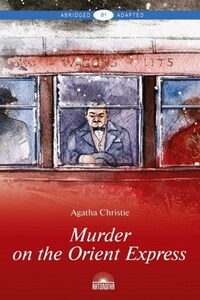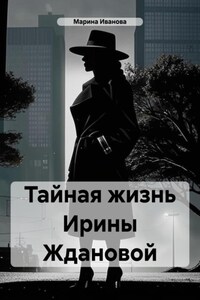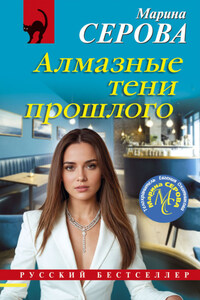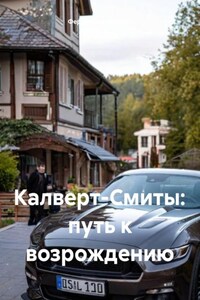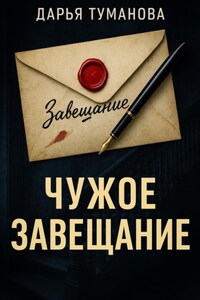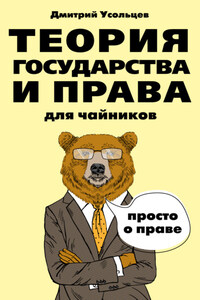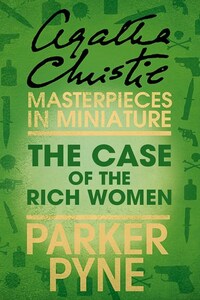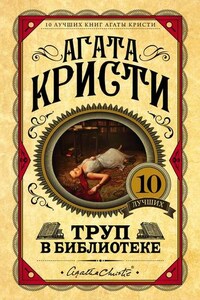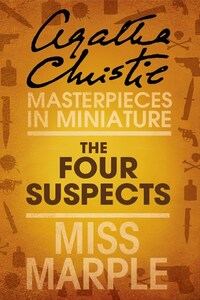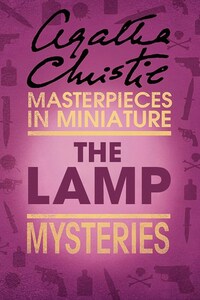Chapter I
An Important Passenger on the Taurus Express
Hercule Poirot had spent a week in Syria helping his friend, a general in the French Army, to solve a very serious crisis. His mission had been successfully completed.
Now, at about five o'clock in the morning, he was standing on the platform at Aleppo by the step leading up into the sleeping-car of the famous Taurus Express. The train consisted of a kitchen and dining-car, a sleeping-car and two local carriages.
It was a very cold winter morning. Hercule Poirot, muffled up to the ears, was talking with a young French lieutenant, who was seeing him off.
Lieutenant Dubosc had no idea what this small man's mission had been about, but to him had been delegated the duty of seeing off M. Poirot by the Taurus Express, and he was carrying it out with all the enthusiasm of a young officer with a promising career ahead of him.
“Today is Sunday,” said Lieutenant Dubosc. “Tomorrow, Monday evening, you will be in Stamboul.”
“That is so,” agreed M. Poirot.
“And you intend to remain there a few days, I think?”
“I have never visited Stamboul. It would be a pity just to pass through it. Yes, I shall remain there as a tourist for a few days.”
A cold wind blew down the platform. Both men shivered. Lieutenant Dubosc discreetly looked at his watch. Five minutes to five – only five minutes more!
Thinking that the other man had noticed it, he hastened once more into speech.
“There are few people travelling this time of year,” he said, glancing up at the windows of the sleeping-car above them.
“That is so,” agreed M. Poirot.
“Let us hope you will not be snowed up in the Taurus!”
“That happens?”
“Yes, it has happened. Not this year, as yet.”
“Let us hope, then,” said M. Poirot. “The weather reports from Europe are bad.”
“Very bad. In the Balkans there is much snow.”
“In Germany, too, I have heard.”
Above their heads the blinds of one of the sleeping-car compartments were pushed aside and a young woman looked out. Her name was Mary Debenham. She felt restless and couldn't sleep in her overheated compartment; she got up and looked out of the carriage window.
Two men below her window were talking French. One was a French officer, the other was a little man with enormous moustaches, heavily muffled up. It must be very cold outside. That was why they heated the train so terribly.
The sleeping-car conductor had come up to the two men. It was departure time for the train, and he advised the muffled up man to get aboard. The little man took off his hat. He had an egg-shaped head. He looked so ridiculous that Mary Debenham smiled in spite of her anxious thoughts. He was the sort of little man one could never take seriously.
Lieutenant Dubosc and Hercule Poirot exchanged beautiful parting speeches. M. Poirot climbed aboard the train. The conductor climbed after him. M. Poirot waved his hand. Lieutenant Dubosc came to the salute. The train moved slowly forward.
“At last!” murmured M. Hercule Poirot.
“Brrrrrrrr,” said Lieutenant Dubosc, feeling how cold he was.
With a wide theatrical gesture, the conductor showed Poirot the beauty of his sleeping compartment. “I have put the little valise of Monsieur here.” Hercule Poirot put a folded note in his hinting hand.
“Merci, Monsieur.” The conductor became business-like. “I have the tickets of Monsieur. I will also take the passport, please. As I understand, Monsieur breaks his journey in Stamboul?”
M. Poirot agreed. “There are not many people on the train, I suppose?” he said.
“No, Monsieur. There are only two other passengers in my carriage – both English. A Colonel from India and a young English lady from Baghdad.”
When the conductor left, M. Poirot fell asleep.
At half-past nine he awoke and went to the restaurant car for hot coffee.
He saw only one person in the restaurant car, obviously the young English lady mentioned by the conductor. She was tall, slim and dark – perhaps twenty-eight years of age. She wore a dark-coloured travelling dress of some thin material suitable for the heated atmosphere of the train.
Hercule Poirot amused himself by studying her discreetly.
He decided this young woman could take care of herselfwith perfect ease wherever she went. She had self-possession and efficiency. He liked her appearance: the regular features and the delicate pallor of her face, the neat waves of her dark hair, and her cool grey eyes. But, in his opinion, she was just a little too efficient to be called beautiful.
A tall man entered the restaurant car. His age was between forty and fifty; he was lean; his skin was brown; his hair was slightly grey round the temples.
“The Colonel from India,” Poirot decided.
The man bowed slightly to the girl. “Morning, Miss Debenham.”
“Good morning, Colonel Arbuthnot.”
The Colonel asked her permission to sit at her table. She didn't object.
The expression of the Colonel's eyes when they stopped at Hercule Poirot for a moment was absolutely indifferent, and Poirot, reading the English mind correctly, knew that he had said to himself: “Only some damned foreigner.”
